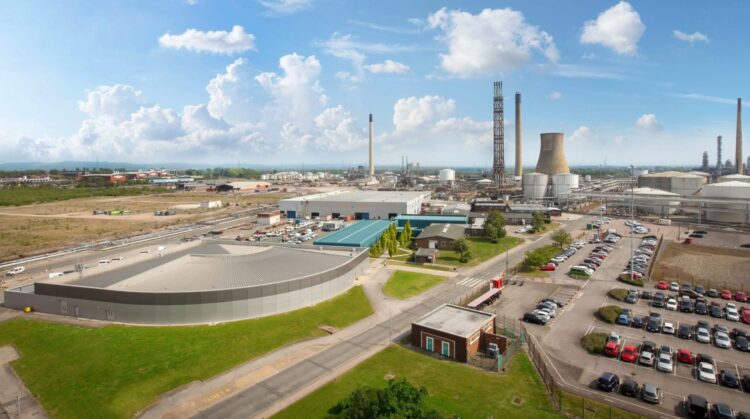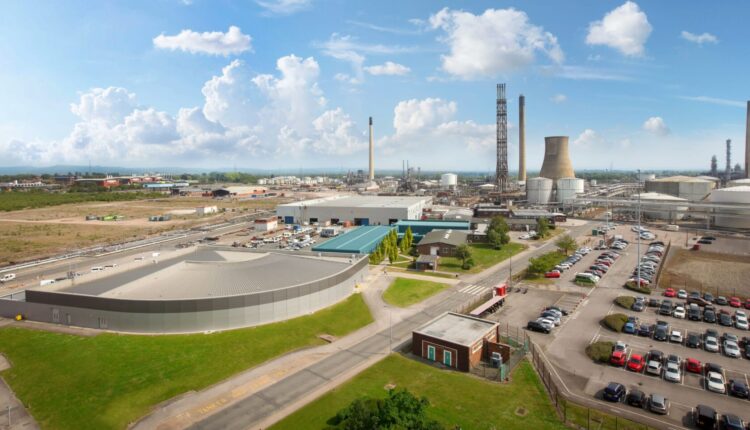HyNet North West, a project to create the UK’s first low carbon industrial cluster, will build a low carbon energy plant at Stanlow Oil refinery by 2025. Tony McDonough reports

A low carbon energy plant on the banks of the River Mersey will begin providing clean hydrogen to fuel buses, trains, lorries and heat homes across the North West by 2025.
HyNet North West, a project to create the UK’s first low carbon industrial cluster across Merseyside, Cheshire, Lancashire, Greater Manchester and North Wales, has secured £72m of funding
The HyNet North West hydrogen and carbon capture and storage (CCS) project is being developed by a consortium of regional partners, including Progressive Energy, Cadent, CF Fertilisers, Eni UK, Essar Oil UK, Hanson, INOVYN (part of the INEOS Group) and the University of Chester.
From 2025, HyNet will begin to convert natural gas into low carbon hydrogen at Essar Oil UK’s Stanlow refinery, with carbon dioxide safely captured and stored offshore in the Liverpool Bay gas fields.
A new pipeline network will transport the clean hydrogen to power industry, fuel buses, trains and heavy goods vehicles, to generate electricity, and to heat homes across North West England and North Wales.
READ MORE: New fleet of hydrogen buses for Liverpool city region
HyNet North West says it will reduce regional carbon dioxide emissions by up to 10m tonnes every year by 2030 – the equivalent of taking 4m cars off the road. By then, HyNet North West alone will already be delivering 80% of the Government’s new UK-wide target of 5GW of low carbon hydrogen1 for power, transport, industry and homes.
The £72m funding announced today comprises £33m from UK Research and Innovation (UKRI) through the Industrial Decarbonisation Challenge (IDC) fund, and £39m of consortium partner contribution.
The funding will allow HyNet North West to accelerate to a final investment decision in 2023 for the initial phase, and become operational in 2025.
Further elements of the HyNet North West project will follow, resulting in the distribution of up to 30TWh / year of low carbon hydrogen being distributed by 2030 – enough to displace 45% of natural gas used across the region.
HyNet North West has been under development for four years with work so far including engineering studies and demonstration projects. It claims the entire project could lead to the creation of 6,000 permanent jobs as well as the retention of jobs in existing high value manufacturing industries.
Environmental survey work, supported by funding from the Cheshire & Warrington Local Enterprise Partnership Growth Fund, has recently begun and consultation with stakeholders, including the general public, will begin later this year as the planning process to gain consent for development.
Business and Energy Secretary Kwasi Kwarteng said: “We were the first major economy to put into law our target to end our contribution to climate change, and today we’re taking steps to be the first major economy to have its own low-carbon industrial sector.
“While reaching our climate targets will require extensive change across our economy, we must do so in a way that protects jobs, creates new industries and attracts inward investment – without pushing emissions and business abroad.”

